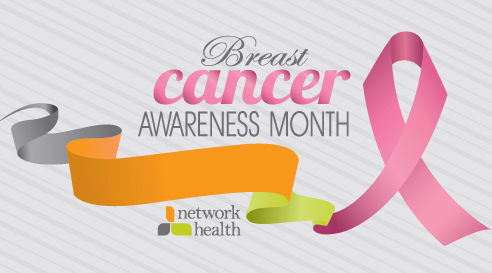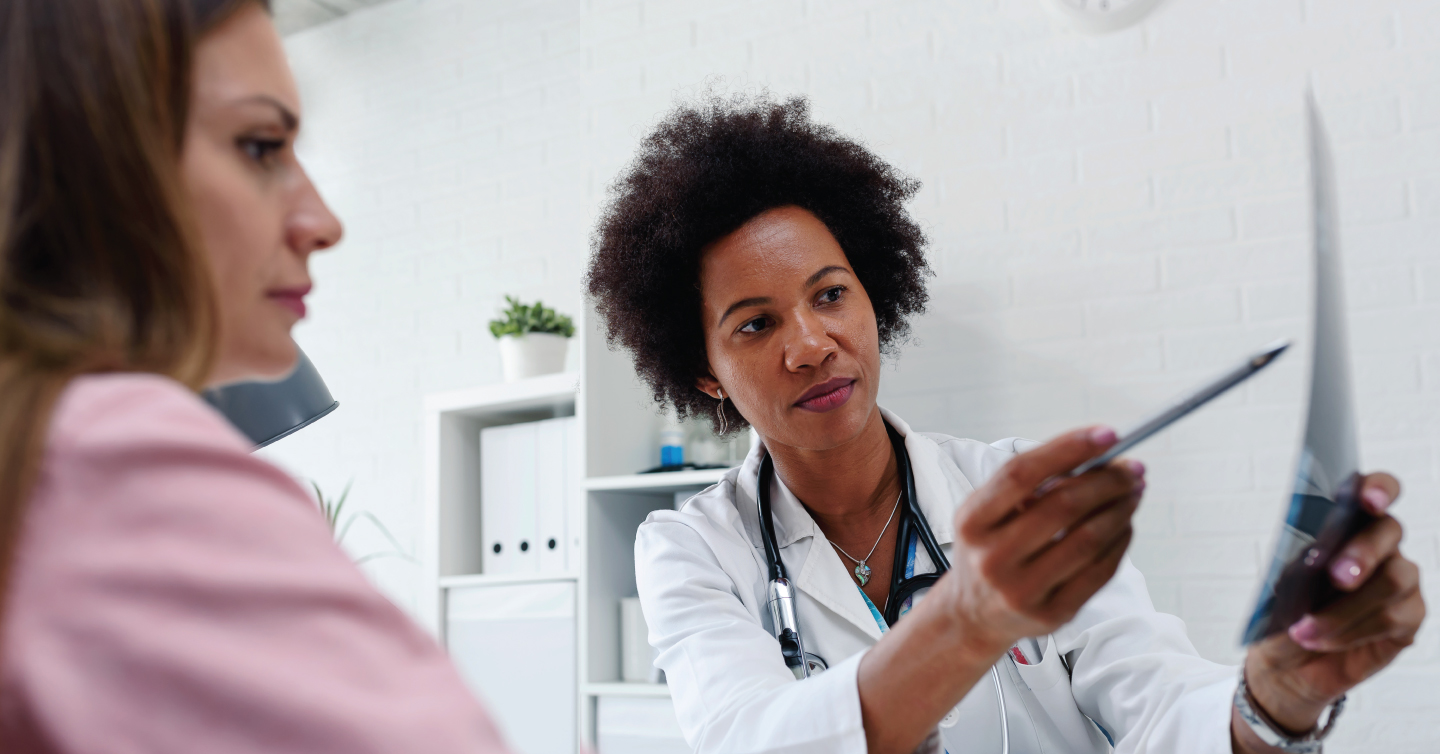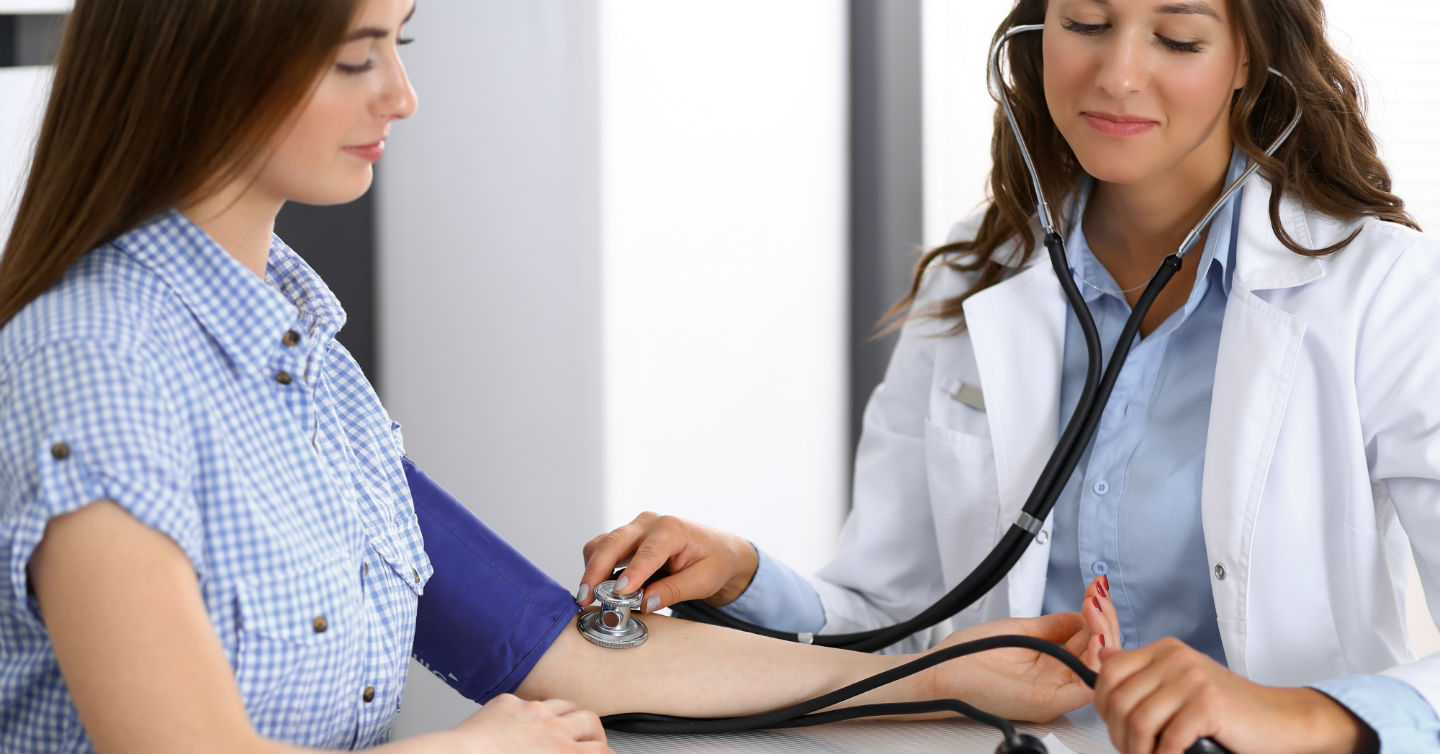According to the National Cancer Institute, one in eight U.S. women will develop cancer during their lifetime. Even more women have loved ones and family members who have struggled with breast cancer. The American Cancer Society says spotting breast cancer early saves thousands of lives each year. Today, we have more than 3.1 million breast cancer survivors living in the United States. Understanding your risk can help you take the right steps to stay ahead of breast cancer. Here’s how.
Who’s at Higher Risk?
- Cancer among immediate family members is the largest factor in determining your risk.
- Genes passed down to children sometimes mutate. When this occurs in breast cancer-related genes, a family pattern can occur. The BRCA I and 2 genes are most responsible for hereditary breast cancer, according to the American Cancer Society.
- A simple mouthwash or blood test can determine whether genetics play a role in your breast cancer risk. If you think you may have a higher risk, ask your doctor about taking a gene test.
How to Respond
- Your doctor may recommend genetic counseling, a professional service that helps people understand how genes contribute to their risk.
- In response to higher risk, further screening options such as MRI or ultrasound can become part of yearly breast cancer check-ups. Check with your doctor on whether these are covered through your insurance.
- In extreme cases of risk, some women may opt to have the breast tissue removed to prevent cancer altogether; an operation called prophylactic mastectomy.
- Not all options are right for everyone. Your doctor can help you understand the best move. No matter what, don’t be afraid to ask.
In 2017, the American Cancer Society estimates about 250,000 new cases of invasive breast cancer will be diagnosed in women. As you probably already know, October is National Breast Cancer Awareness Month. While most people are aware of breast cancer, many forget or don’t realize the steps necessary to detect the disease in its early stages. If you have questions about your risk or preventive steps, make sure to talk to your doctor.
If you have been diagnosed with breast cancer, it’s important to remember you are not alone. The American Cancer Society has a Cancer Free Helpline 800-227-2345. Network Health members battling the disease also have access to a personal nurse care manager to help navigate care and treatments.





Discussion
There are no discussions happening yet.